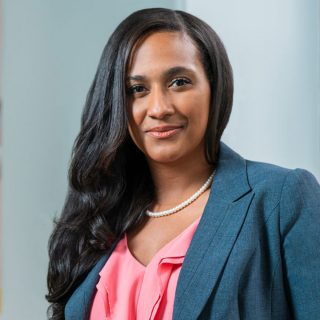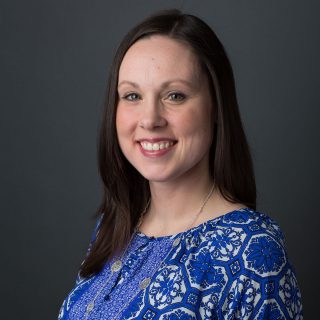Almost one-year ago, we shared our K-12 plan for the 21-22 school year in Our Plans to Reverse COVID-related Learning Loss. Our approach was designed to address both the academic and the social-emotional needs of our students grounded in the pillars of staff and student wellness, prioritizing reading instruction in K-6, small group instruction focused on accelerating student learning, streamlined assessment, and integrated technology. 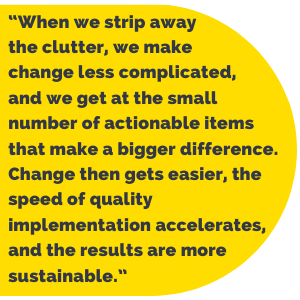
Although we are waiting for all of our state test scores to fully assess all of our annual goals, we do have confidence in the impact of this work based on our STEP and mClass reading data. During the 21-22 school year, 84% of our K-4 scholars grew at least 2 STEP levels with 63% growing 3 or more STEP levels. In 5th and 6th grade, where our new intervention targeted the lower performing two-thirds of the class, 67% of those scholars grew at least 2 levels and close to 50% of 5th graders grew 3 or more levels.
We are now firmly focused on the 2022-2023 school year. After nearly three years of significant and ongoing change necessary to navigate the ever dynamic impact of the pandemic, Uncommon is making a conscious effort to minimize change and double down on the work that is leading us to have a positive impact on student achievement. As Michael Fullan writes in his book Change Leader, “When we strip away the clutter, we make change less complicated, and we get at the small number of actionable items that make a bigger difference. Change then gets easier, the speed of quality implementation accelerates, and the results are more sustainable” (p. 11).
Priorities and Initiatives
This year, as we work to strip away the clutter, we are distinguishing between a priority and an initiative. A priority is being named as work we have done before and done well that we are doubling down on while an initiative is work we have not done or not done well before that we need to figure out. By maximizing the number of priorities and minimizing the number of initiatives, we are ensuring that we remain focused and avoid initiative fatigue.
Our priorities for the 2022-2023 school year include:
- K-2 Phonics: Strengthening leader content knowledge and teacher implementation of phonics instruction.
- 5-6 Guided Reading: Building on the inaugural year of guided reading with a focus on data-responsive instruction.
- 5-8 Math: Strengthening response to data systems grounded in weekly quizzes and the quality of data-responsive instruction.
- 5th Grade Science: Launching a new science curriculum grounded in NGSS standards with a focus on hands-on learning, literacy, DEI, simulations, and discourse.
- Streamlining Meeting Structures: Increasing the frequency of data meetings, grounding planning meetings in unit level thinking, and adding practice clinics for increased real-time feedback opportunities.
Our initiatives for the 2022-2023 school year include:
- Strengthening the Middle School to High School Transition: Convening a yearlong working group to focus on 8th grade math, scheduling, promotion criteria, and more.
- Identifying and Supporting Focus Schools: Creating guidelines that identify the highest need schools and the additional regional and network support those schools will receive to rapidly improve student achievement.
Goal Cycle
In addition to naming the priorities and initiatives for the upcoming school year, Uncommon has also developed a mindset around the implementation of these priorities and initiatives. In reflection, the 2021-2022 school year required significant and immediate action to respond to the significant academic and social-emotional needs of our students. To do this, we were tasked with the simultaneous implementation of multiple new programs, schedules, and instructional approaches that led to complexity and competing priorities. Our intent for the 2022-2023 school year is to not only minimize change, but to create a clear implementation and progress monitoring cycle for all priorities and initiatives that will allow short-term success to build to long-term wins.
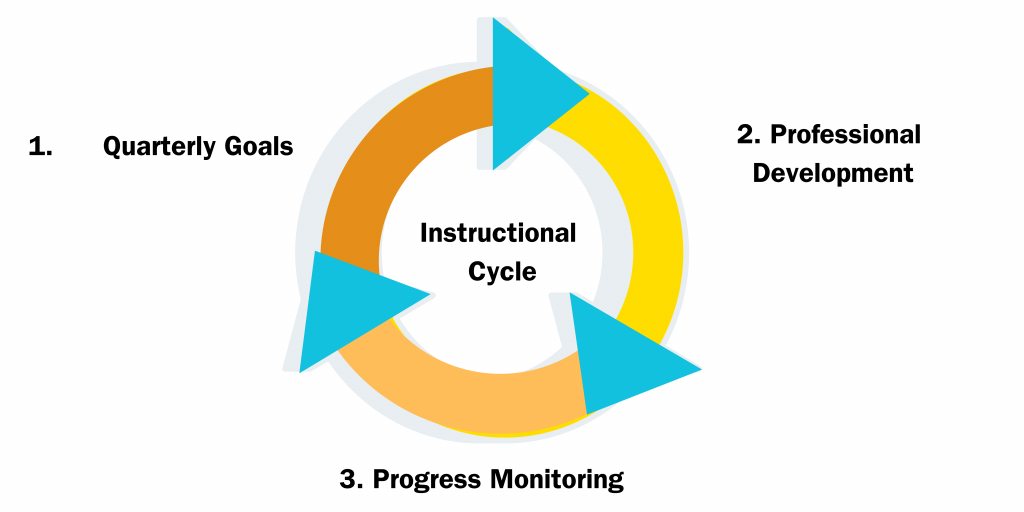
This implementation and progress monitoring cycle includes the following components:
- Create quarterly goals: These goals are developed to ensure consistent and ongoing progress to our annual goals over the course of the entire year. For example, in quarter 1, a goal for mathematics instruction is that 80% of teachers internalize their lesson by completing student work with all strategies, and identifying the two highest leverage problems for monitoring.
- Provide targeted professional development: A professional development session will be provided for teachers and leaders that directly aligns to each of the quarterly goals.
- Progress monitor and respond consistently: After teachers and leaders are trained in the skills and knowledge necessary to achieve each quarterly goal, progress monitoring metrics will be used to ensure quality implementation and sustainability.
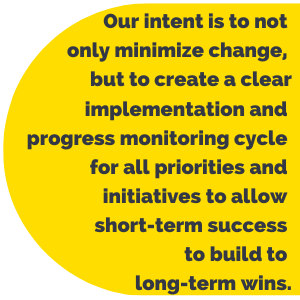
Each quarter, a stepback meeting will occur that gauges areas of success and areas in need of improvement that can be responded to and monitored further to ensure quality implementation of all priorities and initiatives.
While we will always believe in ambitious annual goals, we know it is only with careful short-term planning and a laser-like focus on priorities and initiatives that we will achieve our long-term goal to dramatically accelerate student learning. By pairing these academic priorities and initiatives with our goal cycle, we are confident our schools will continue to provide our students with a rigorous and joyful learning environment that leads to their long-term success.



